Wondering if you can still eat intuitively while having food allergies, intolerances, medically necessary dietary restriction or even just ethical beliefs about food, sustainability etc? This blog post will show you how you can still practice intuitive eating with these restrictions.

Assess Your Dietary Restrictions
My entire nutrition philosophy is centered around having no food rules, but, I’m also a dietitian and realize that there are instances where some people may need to avoid eating certain foods. Some of these include:
- Food allergies
- Food intolerances
- Food sensitivities
- Diets to control medical conditions
- Ethical restrictions such as veganism or sustainability
The first important point to ask yourself (and your medical team!) is: Is this restriction truly necessary? I hate to say it, but it’s not uncommon for necessary dietary restrictions to be thrown around like candy these days.
Being over restrictive of your diet could possibly do more harm than good by reducing nutrient variety, negatively impact gut health, and even lead to binge eating those restricted foods. Be sure to get yourself a concrete answer if a total dietary restriction is needed.
Are Home Food Sensitivity Tests Helpful?
I know at home food sensitivity tests pop up in ads all over Facebook but I really, really would advise you to NOT take one. Why? Because there are no validated test to diagnose food sensitivities.
Typically, these tests look for the presence of something called immunoglobulin G (IgG). IgG is produced by our bodies naturally when they’re exposed to an outside substance (food, germs, etc).
There is no correlation between IgG presence and symptoms of intolerance. Having IgG present simply means you’ve been exposed to something, but not that it will negatively impact you. It could actually mean that you CAN tolerate a food!
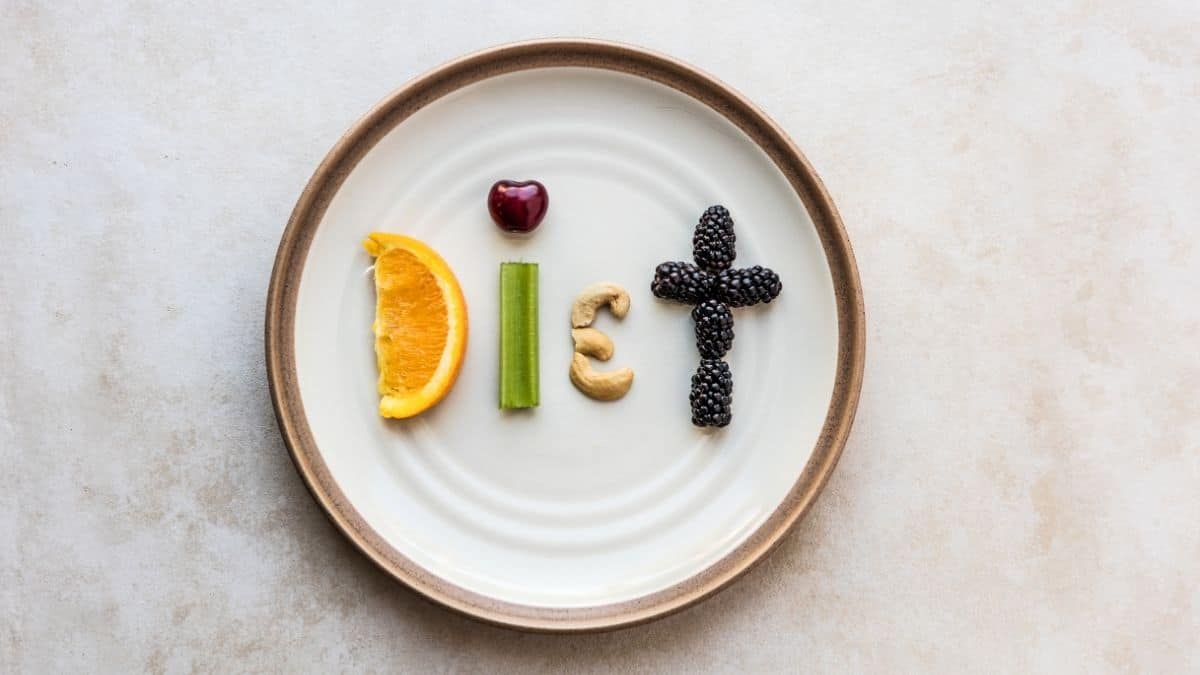
What About Elimination Diets?
Elimination diets are commonly used in an attempt to identify foods that may cause certain symptoms. During this diet you eliminate foods that may be causing symptoms like gas, bloating, diarrhea, etc. and then reintroduce them in a systematic way to see what the “cause” is.
These diets shouldn’t be attempted as a DIY option to figure our food sensitivities. Elimination diets could potentially cause nutrient deficiencies if not executed properly or for too long. These are not meant to be long term diets and should always be done under the direction of a registered dietitian.
Another think to think about is that it’s not always food that causes symptoms! Stress, physical activity, emotions, sleep habits, etc can all impact symptoms such as bloating, cravings, gas, or general indigestion. It’s easy to point to food but it might not be the cause of your symptoms!
My Doctor Recommended A Calorie Restriction/Weight Loss. What Do I Do?
This is an entire other can of worms but here is the deal: I don’t recommend health care providers propose weight loss as a cure to health ailments. We know what we can be healthy at every size and that diets don’t work (Checkout my blog post on HAES and also on 12 reasons NOT to diet)
What I would suggest is to focus on health promoting behaviors NOT weight. This could look like adding fruits and veggies for their health protective qualities such as antioxidant, polyphenols, etc. Incorporating movement to aide in joint health, cardiovascular health, etc.
You can checkout my blog post on gentle nutrition for how to go about incorporating things like fruits, veggies, reducing red meat consumption, or whatever other dietary restrictions your doctor might recommend.

How To Eat Intuitively With Dietary Restrictions
Say you DO go through the whole process above and find out that, yes, you DO need to avoid certain things in your diet for medical reasons or for ethical reasons. Can you still eat intuitively?! My answer is 100% yes.
Intuitive eating and living without food rules isn’t just eat whatever, whenever. It’s about marrying our inner knowledge (cravings, desired, etc) with out outer knowledge (dietary needs, nutrition info, etc) and finding harmony. This is what I teach inside of my food freedom membership, The SociEATy. It’s about finding a style of eating that feels good both mentally and physically.
Intuitive Eating With Dietary Restrictions Example:
Let’s say you have celiac disease and can’t tolerate eating gluten. For this reason, you need to restrict gluten from your diet. What do you do?
Know that you CAN eat gluten if you want to. There is nothing stopping you. The question is, do you want to? Studies have shown that when we restrict access to food we are more likely to eat them in a binge like manner. Thinking about it more so in the form of a decision VS restriction can be helpful.
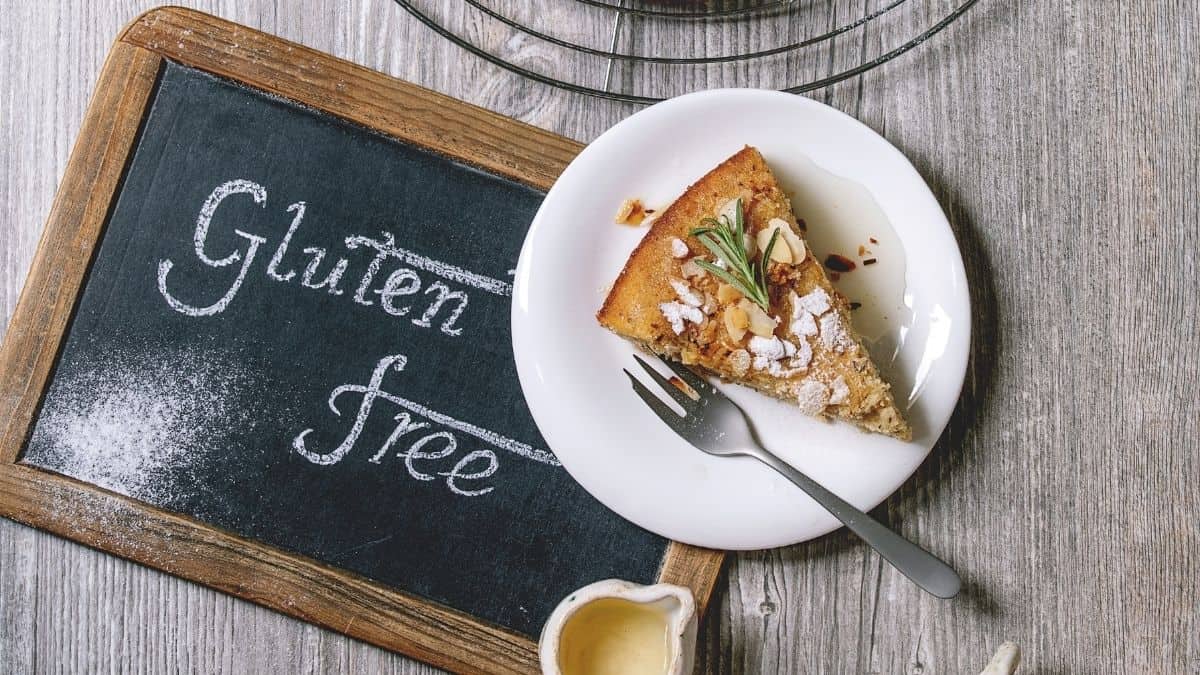
One tool that I use with SociEATy members is something called a food and mood journal. Essentially, this helps you create connections with your style of eating and how it makes you feel allowing you to decide if it’s pleasurable, enjoyable, etc. I have whole blog post that goes over how to use a food and mood journal here. It’s great for general gentle nutrition too!
I also recommend listening to this podcast by Registered Dietitian Heather Caplan of RD Real Talk. It’s a great listen and goes over some more real-life applications of this.
Expert Advice On Intuitive Eating & Dietary Restrictions
I thought it would be super helpful to chat with some of my fellow dietitian friends who specialize in areas of nutrition where their clients may be required to implement dietary restrictions.
Intuitive Eating & Diabetes
“When you have diabetes, it can be easy to hyper-focus on the amount of carbohydrates you are consuming since they are the main food group that directly impacts blood sugar levels.
With intuitive eating, you are eating not only for your diabetes management, but you are also honoring your overall health. Instead of thinking about which foods you need to restrict or take away to manage your diabetes, shift your focus towards what foods you can add and how much carbohydrates you need to be satisfied.
This may look like incorporating more fiber, protein, or fat to a meal along with carbohydrates to help manage your blood sugar levels. Reframing your focus from which foods you have to restrict to which foods you can add can greatly improve your relationship with food while still managing your blood sugars!” – Amanda Ciprich RD, @t1d.nutritionst
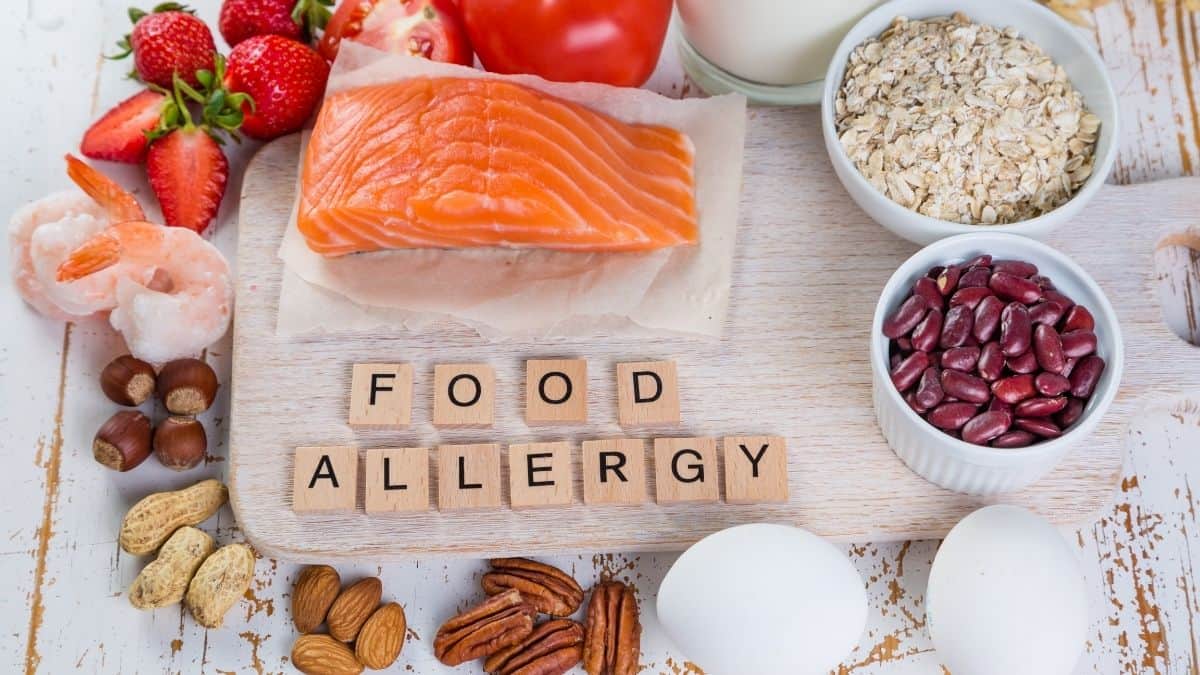
Intuitive Eating & Sensitivities, Allergies, or Intolerances
“The first step to eating intuitively for good gut health is to throw every list of “foods you shouldn’t eat for your gut” out the window. What works for my gut might not work for your gut and what that means is everyone’s gut-friendly (and not so friendly foods) are unique. The best way to identify what works for your gut is to complete a food and mood journal.
The second step is to focus your attention on the foods that do work for you. By focusing on what you can have versus what you can’t it helps you find freedom with all the food choices that are available.
Lastly, when managing food sensitivities while eating intuitively it is important to recognize that most likely you can still have the food and it’s the amount and frequency in which you eat it that matters the most. Most of the time you can still eat small amounts of the food you are sensitive to (that’s if you even like the food) in smaller amounts less often.” – Amanda Sauceda MS, RDN, CLT of @guthealth.nutritionist
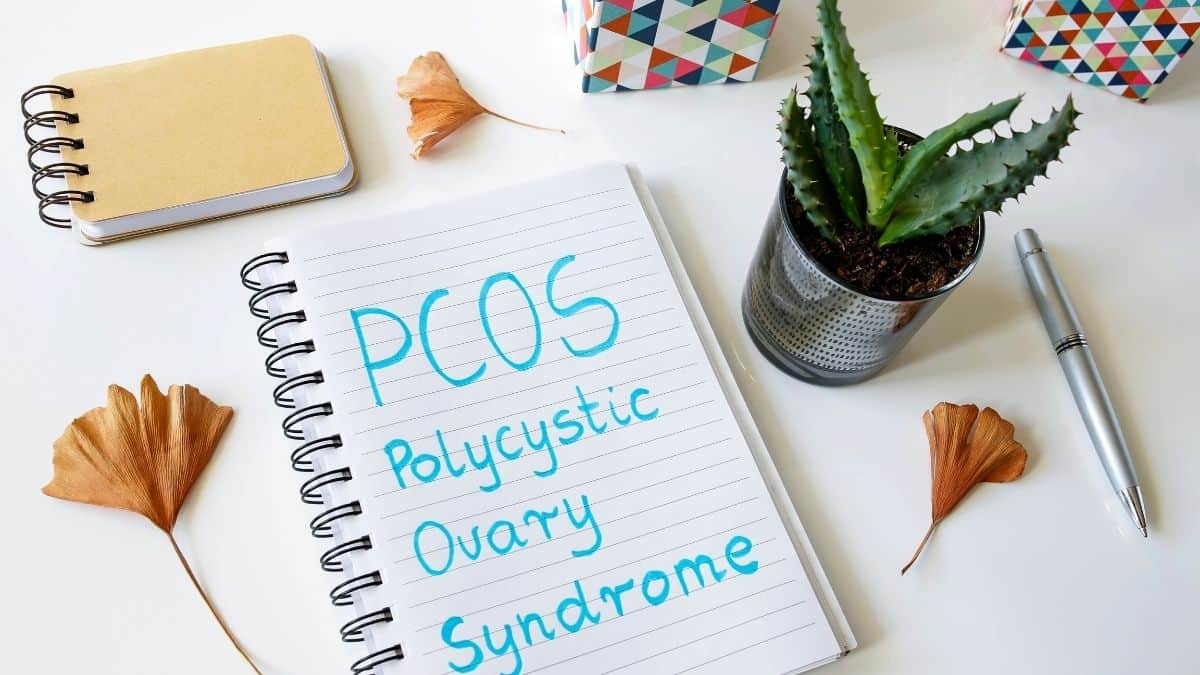
Intuitive Eating & PCOS
“When it comes to PCOS and food rules, it’s all about carbohydrates, gluten, and dairy. However, this list is not all-inclusive. Diet rules run rampant in the PCOS world. The ironic thing is going dairy and gluten free for PCOS is not well-supported in research.
With carbohydrates, there is quite a bit of evidence that supports low-glycemic carbohydrates, low and moderate amounts of carbohydrates, and timing of carbohydrates or meals in a particular way. At the end of the day however, there is no perfect diet for PCOS.
I try and teach my clients how to consistently build a PCOS-friendly plate and live a PCOS-friendly lifestyle. This means doing your best at pairing carbohydrates with a fat or protein source and looking for ways to reduce inflammation using food. The key is taking this information, adjusting it to your lifestyle, and making it as REALISTIC as possible for the long-term.
Here are a few key takeaways for avoiding food rules if you have PCOS:
- Remember that all women with PCOS have unique needs so it is beneficial to work with PCOS-specialized dietitian if you’re struggling
- There is no food you CAN’T have, including carbs
- Pairing carbohydrates with fat and/or protein is preferable but remember you’re not ‘off track’ if you eat sugar, refined grains, or any carbs alone
- Reflect on how your body feels after eating in line with a PCOS-friendly plate vs. high carb or ‘unhealthy’ foods. There is a time and place for all foods, even if you know you don’t tolerate some foods as well as others. For example, if you know your acne worsens after eating more than 2 servings of dairy daily but you’re really craving regular ice cream on a hot day, weigh the pros and cons. And if you decide yes, then don’t beat yourself. Enjoy it and move on.
- It’s often more about what you can include into your diet instead of exclude in order to get a wider array of nutrients to keep inflammation at bay”
–Liz Bissell MS, RD of @pcos.fertility

Intuitive Eating & Chronic Illness
We have so many members in The SociEATy who deal with various restrictions due to allergies, sensitivities or chronic illness. Here is what one member has to say about it:
“My chronic illness causes an inflammatory responses from my body which causes pain in a variety of ways. [Personally] I’ve found it’s not the type of food as much as it is the quantity and the stress surrounding eating. [Intuitive eating] has helped me stop that binge restrict cycle and I’ve been able to heal my gut and my anxiety around food. Without it I feel I would still be at the first step of [intuitive eating] instead of well into the meat of the journey.
[Intuitive Eating] has helped me focus on my body cues more. I’ve been able to identify a lot more stressors/food rules now that I’ve found a path out of the pain with IE and gentle nutrition principles. I was trying too many things, everything, to try to fix my body with diets and food. Now that I know it’s a simple as listening to what your body wants I’m a lot closer to food freedom and living pain free.
Through this step by step journey [in The SociEATy] I’ve been able to identify just how much I used food to cope with my illnesses [and it’s] effects on my physical and emotional well-being.”- Adrianne, real member of The SociEATy
Bottom Line With Intuitive Eating & Dietary Restrictions
Yes, you CAN eat intuitively. Remember, intuitive eating isn’t about just eating whatever, whenever. It’s about marrying the internal knowledge (cravings, desires, etc) with the external (restrictions, nutrition knowledge, etc) and finding your own version of harmony!
XOXO
-Colleen

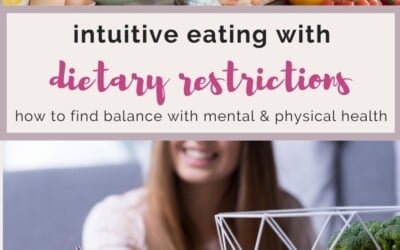



Amber says
I needed this! I’m actually looking into intuitive eating because of intolerances/sensitivities. I want to learn what works for my body in a non-restrictive, healthy way. (That and I’m really tired of the food rules that have been following me around most of my life)
Thanks for always providing good information, and inspiration to go with it!
Colleen says
you’re the sweetest! I am so happy this was helpful!
Lisa says
I’m so glad for this. I have Crohn’s and really do feel better eating paleo. I just tend to either be 100% or off completely and obviously the latter isn’t good for me.Typical binge restrict cycle. I’m learning to allow the foods back in that don’t bother me and follow intuitive eating. You can absolutely follow IE and have restrictions due to medical conditions.
Colleen says
So glad you agree, Lisa!! XOXO
Amy says
I’ve got 2 different GI diseases, and have to follow a fairly strict diet. The foods that make me super sick are really easy to avoid, I don’t even remotely want them. But there are SO many others that only make me a little bit sick, or sometimes no at all, that are making intuitive eating more difficult for me. I’m working on it though!
Colleen says
You got this!!
Shirley says
Love your post!! I have peanut allergy and it’s so bad because peanut butter is cheaper than almond butter and at bars they normally serve mixed nuts (with peanuts) with drinks, but I’ve realised that I don’t need to eat with my drink if I don’t want to, that I can ask for chips or olives if I want to eat something, and that I’m not such a big fan of almond butter, so I don’t have to buy it, or I can buy a jar for it to last long.
Colleen says
So glad it was helpful! I can only imagine how difficult the PB issue would be!